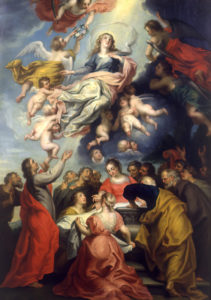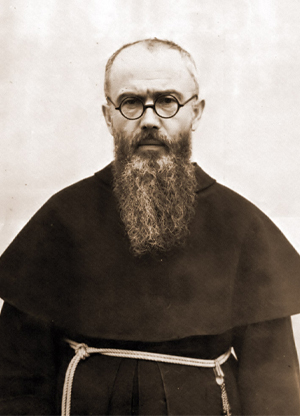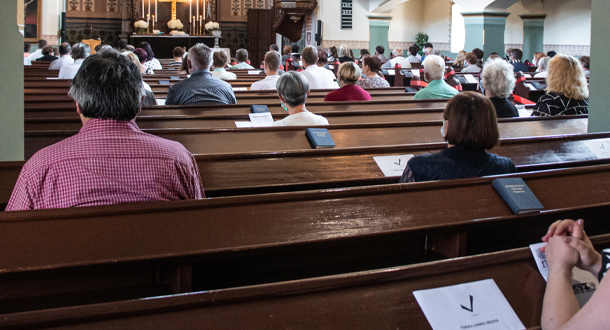 Scripture:
Scripture:
Ezekiel 34:1-11
Matthew 20:1-16
Reflection:
How do we use our power and authority in relation to others? Do we use them to care for and help others? Or do we use them only for our own benefit, even if that means treating others unjustly? Those questions come to the forefront in today’s reading from the Book of Ezekiel. The prophet announces a word of anger and judgment against the “shepherds of Israel” because instead of watching over and protecting the “sheep” that are entrusted to them, they use their position to exploit and ravage them. They should be looking for ways to strengthen and heal the sheep, but instead are “pasturing themselves,” a phrase that captures perfectly how perverted their leadership had become. Nothing expresses more dramatically the wickedness of these false shepherds than the prophet’s closing judgment that the sheep are being devoured by the very ones who should be looking after them.
What might Ezekiel’s words mean for us? The sheep is anyone who is poor, needy, exploited or victimized. The sheep is anyone who is lonely, confused, hopeless, loveless, or lost. The sheep is anyone who suffers and is in need. We are called to be shepherds because each of us has the responsibility to live on the lookout for all who are in need of help, healing, and hope. Like Jesus, the good shepherd, each day we must look for ways to bless, to build up, and to do good in any way we can. Or, like the landowner in today’s gospel story, we must realize that it is never too late in the day to help someone in need.
Paul Wadell is Professor of Theology and Religious Studies at St. Norbert College in De Pere, Wisconsin, and a member of the extended Passionist family.

 Scripture:
Scripture: Scripture:
Scripture: Scripture:
Scripture:

 Scripture:
Scripture: Scripture:
Scripture: